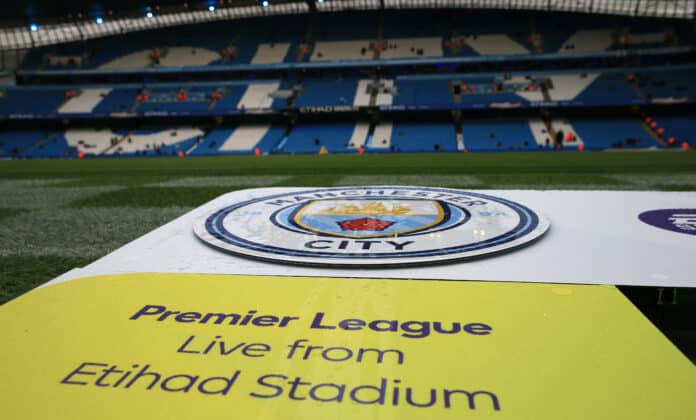Navigating the Complex Waters of Financial Fair Play in the Premier League
Recent decisions to deduct points from Everton and Nottingham Forest have thrust the Premier League’s financial regulations back into the spotlight. The actions taken against these clubs highlight the intricacies and potential ambiguities of the league’s financial fair play (FFP) rules. As sports finance expert Dan Plumley pointedly explains, “Both are very straightforward cases in the regulatory framework. If you look at the numbers, it’s clear that both clubs were taking a risk and a gamble against the regulations” (TribalFootball on behalf of Instant Casinos).
Decoding the Appeal Process
One might wonder why, despite apparent clear violations, clubs would decide to appeal these sanctions. Plumley sheds light on this by stating, “It was always going to play out that way for me.” He elaborates that the absence of threshold standards complicates the matter, suggesting that the Premier League’s punitive measures might feel more discretionary than definitive. This lack of clear-cut guidelines paves the way for appeals, where clubs argue mitigating circumstances in hopes of reduced penalties—a strategy that bore fruit for Everton as their initial ten-point deduction was reduced to six.
Unforeseen Consequences and the Need for Standardisation
The reduction of Everton’s penalty points opens up discussions about the foresight and effectiveness of the FFP rules. Plumley notes, “With the acceptable threshold being at £105million over three years, I don’t think they expected any club to ever break that.” This comment highlights a potential oversight in the initial setting of financial thresholds, assuming that the high bar set would deter clubs from breaching the limits. However, the reality has proven otherwise, signaling a need for revisiting these standards to avoid such uncertainties in the future.
Long-term Implications and the Manchester City Inquiry
The conversation around financial regulations isn’t just limited to Everton and Forest. Manchester City’s ongoing investigation under a much larger scope of allegations brings another dimension to this debate. Plumley cautions against using the Everton and Forest situations as benchmarks for Manchester City, due to the different magnitudes and contexts involved. He points out, “We will see a verdict, but I don’t think it will be a quick verdict,” indicating a braced position for a drawn-out process, potentially extending into 2025.
The cases of Everton and Nottingham Forest serve as critical studies for the Premier League in understanding and refining its regulatory approach. The necessity for clear, quantifiable standards is evident, as the current system allows for too much negotiation and interpretation, which can lead to prolonged disputes and varied outcomes. As the league continues to evolve, so too must its governance structures, ensuring fairness and predictability in its financial regulations.
The ongoing scrutiny of financial practices in top-tier football underscores a broader trend towards transparency and accountability, necessitating rigorous oversight and clear regulations to maintain the sport’s integrity and competitive balance.


